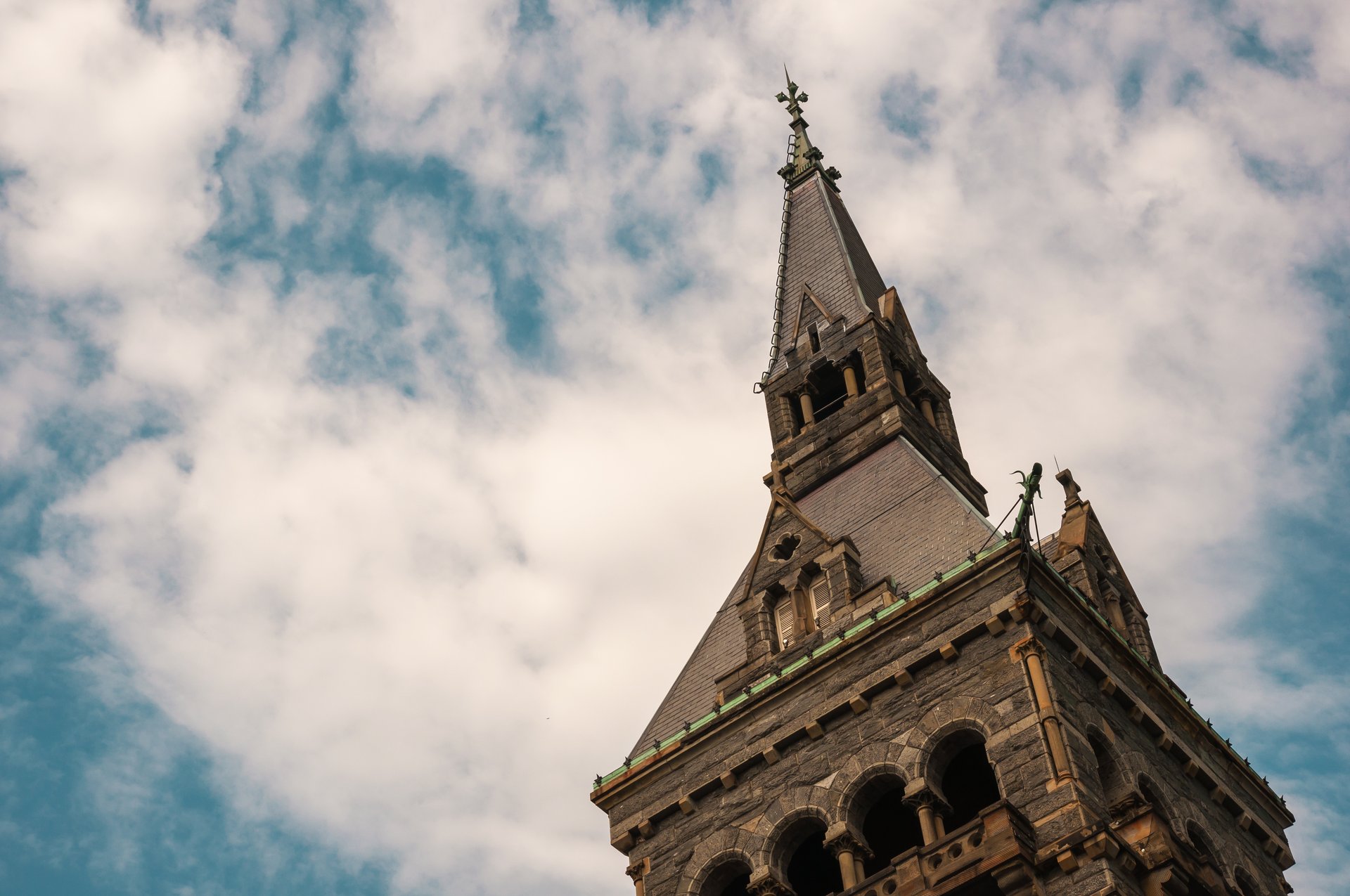
Nearly 180 years after Georgetown University sold 272 slaves — and used the proceeds to help pay off the Catholic school’s massive debts — the university is attempting to atone for its slavery-era past.
Georgetown announced it will give descendants of the black slaves it sold in 1838 preferential treatment in its admissions process, a perk it already offers to legacy students — family members of alumni or those who attended the college. Descendants of other enslaved people whose labor benefited the school also will receive the benefit.
That’s just one of many reconciliation initiatives the 18,000-student university plans to implement since it released a new report from its 16-member Working Group on Slavery, Memory, and Reconciliation. In a letter to the Georgetown community dated Sept. 1, John DeGioia, Georgetown president, writes:
I believe the most appropriate ways for us to redress the participation of our predecessors in the institution of slavery is to address the manifestations of the legacy of slavery in our time.
DeGioia also plans to offer a formal apology for the university’s former ties to slavery, erect a memorial to the slaves whose labor benefited the school and create an institute for the study of slavery.
The university, which was founded by Jesuits in 1789, was kept afloat in the 1830s by the money it made selling hundreds of enslaved men, women and children owned by the Jesuits of the Maryland Province to Louisiana sugar plantation owners.
According to NPR, the university received the equivalent of $3.3 million for the slave sale, “securing (the university’s) survival.”
Georgetown also plans to rename two buildings on campus for African-Americans. The buildings were formerly named after two university presidents who helped organize the slave sale, says NPR.
Georgetown is one of several U.S. universities struggling to acknowledge and make amends for their past ties to slavery. But Georgetown is the first to offer preferential admissions status to descendants of slaves, reports The New York Times.
What do you think of Georgetown’s decision? Share your comments below or on our Facebook page.




Add a Comment
Our Policy: We welcome relevant and respectful comments in order to foster healthy and informative discussions. All other comments may be removed. Comments with links are automatically held for moderation.